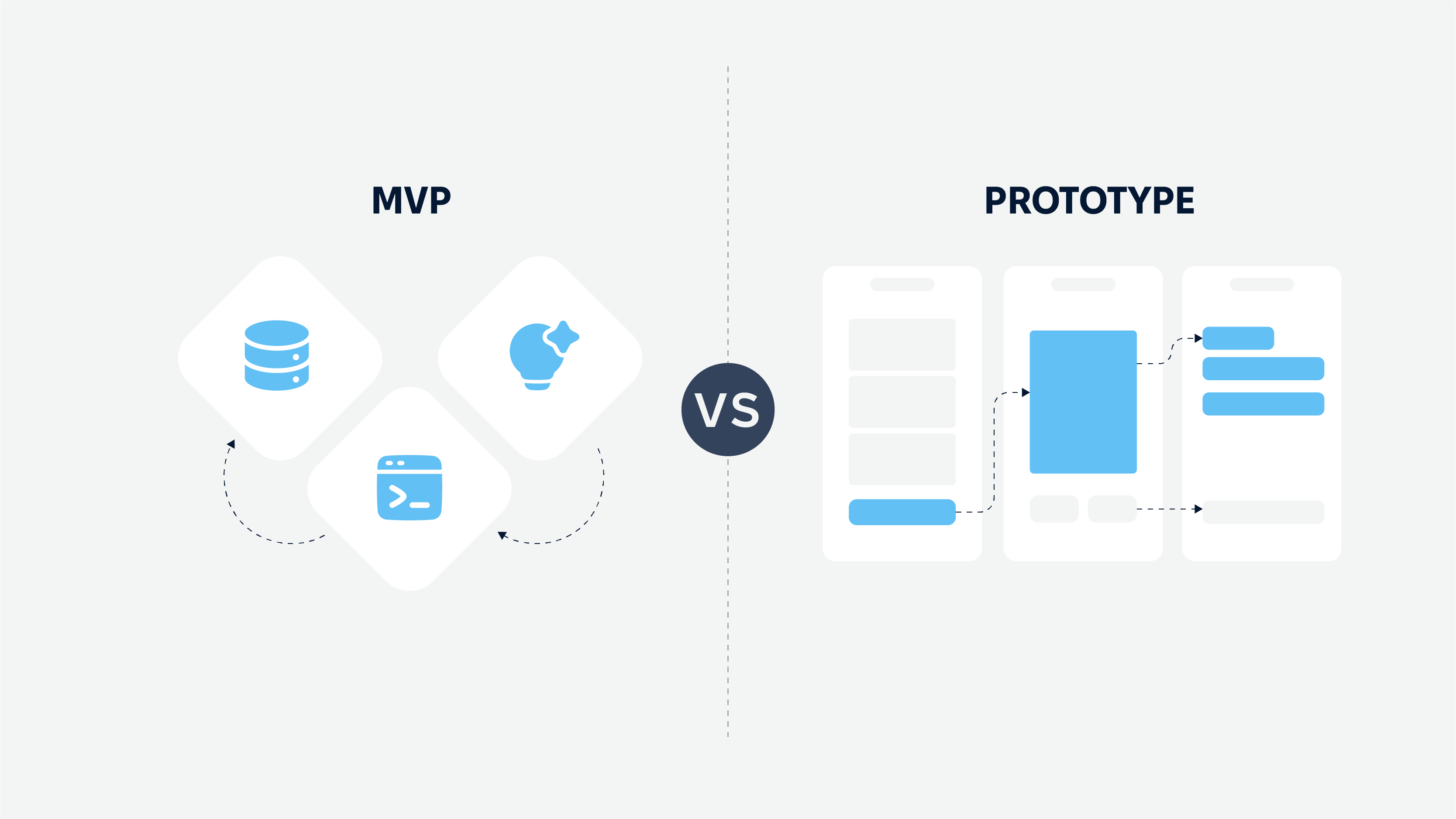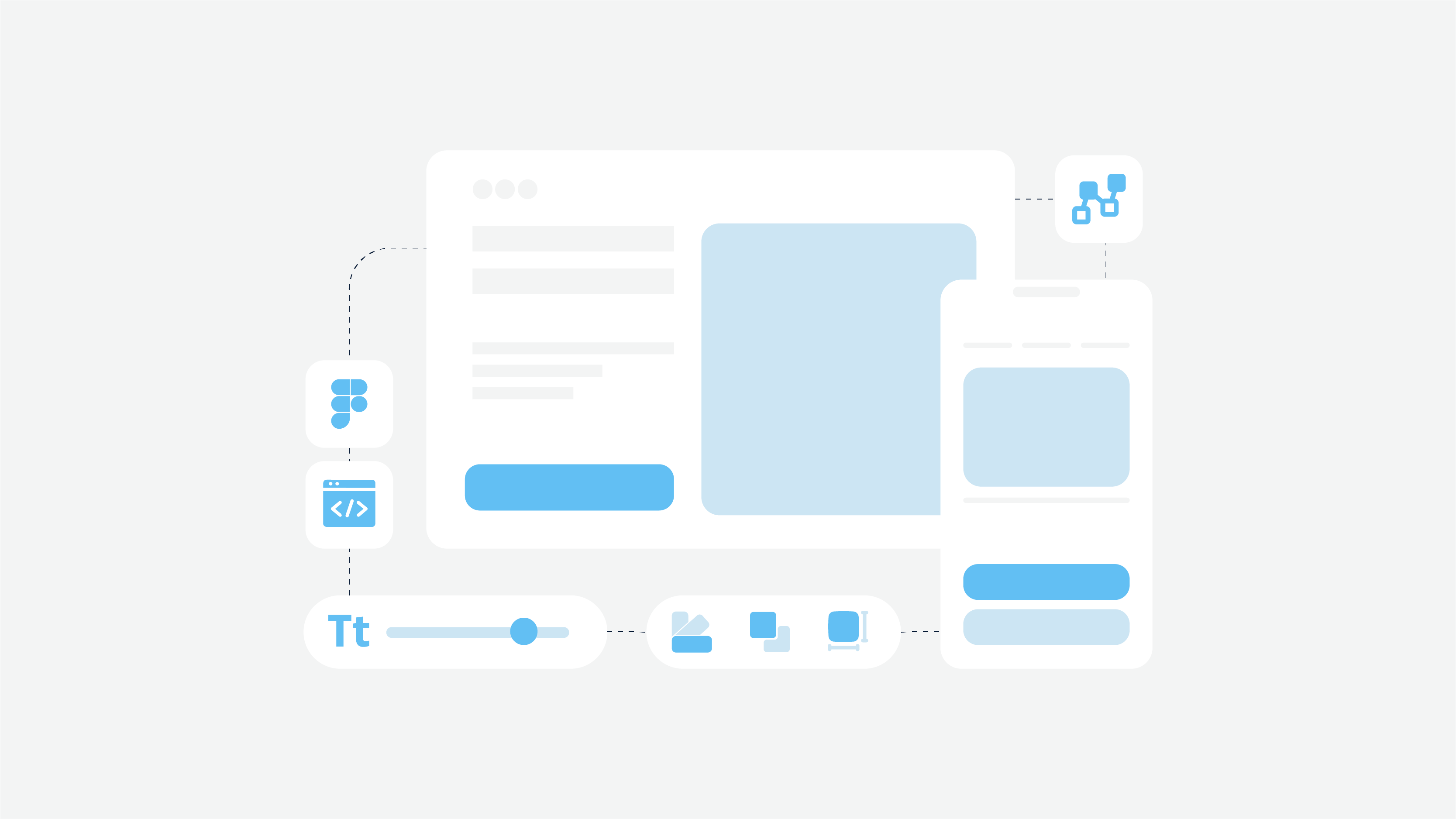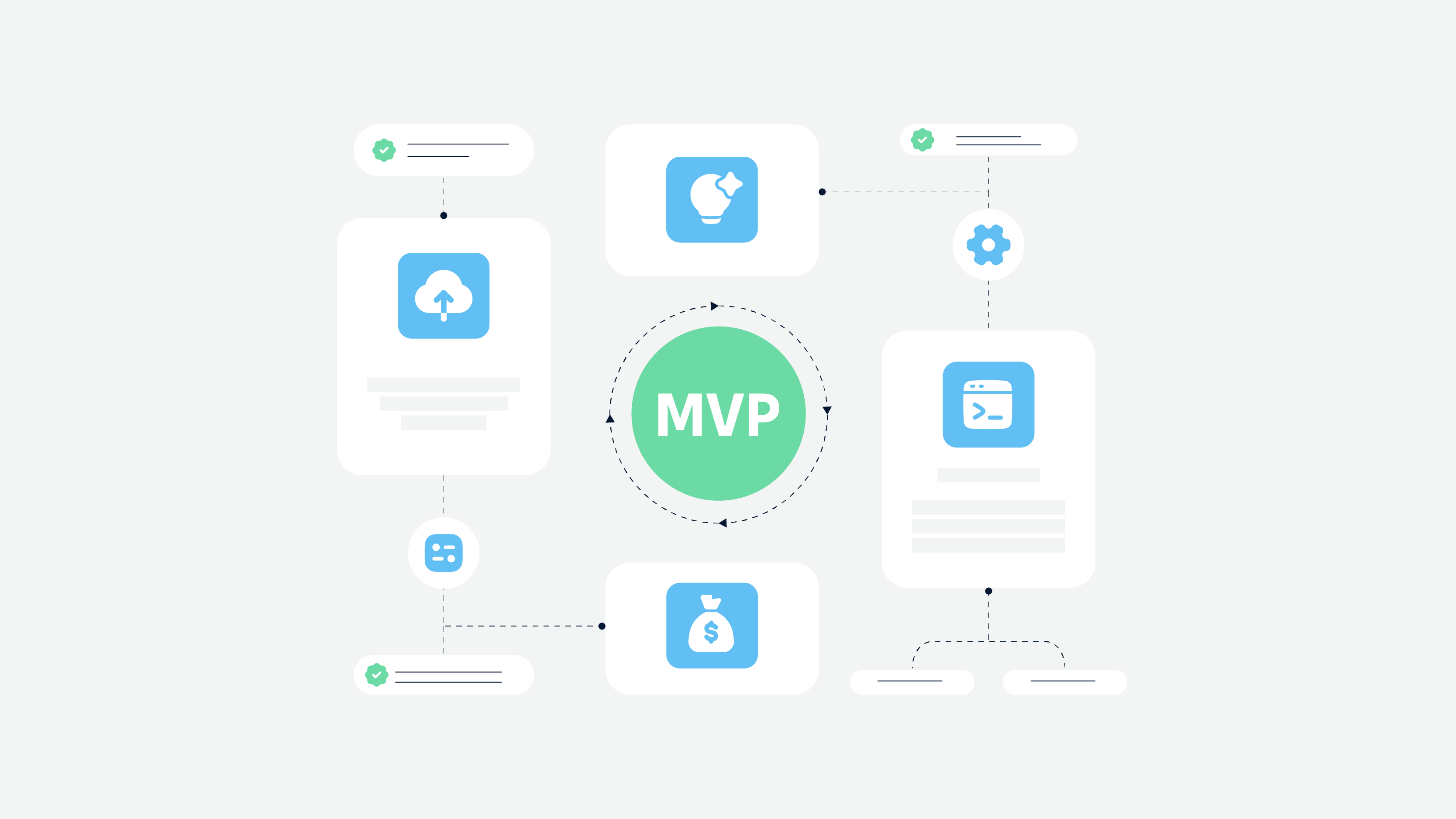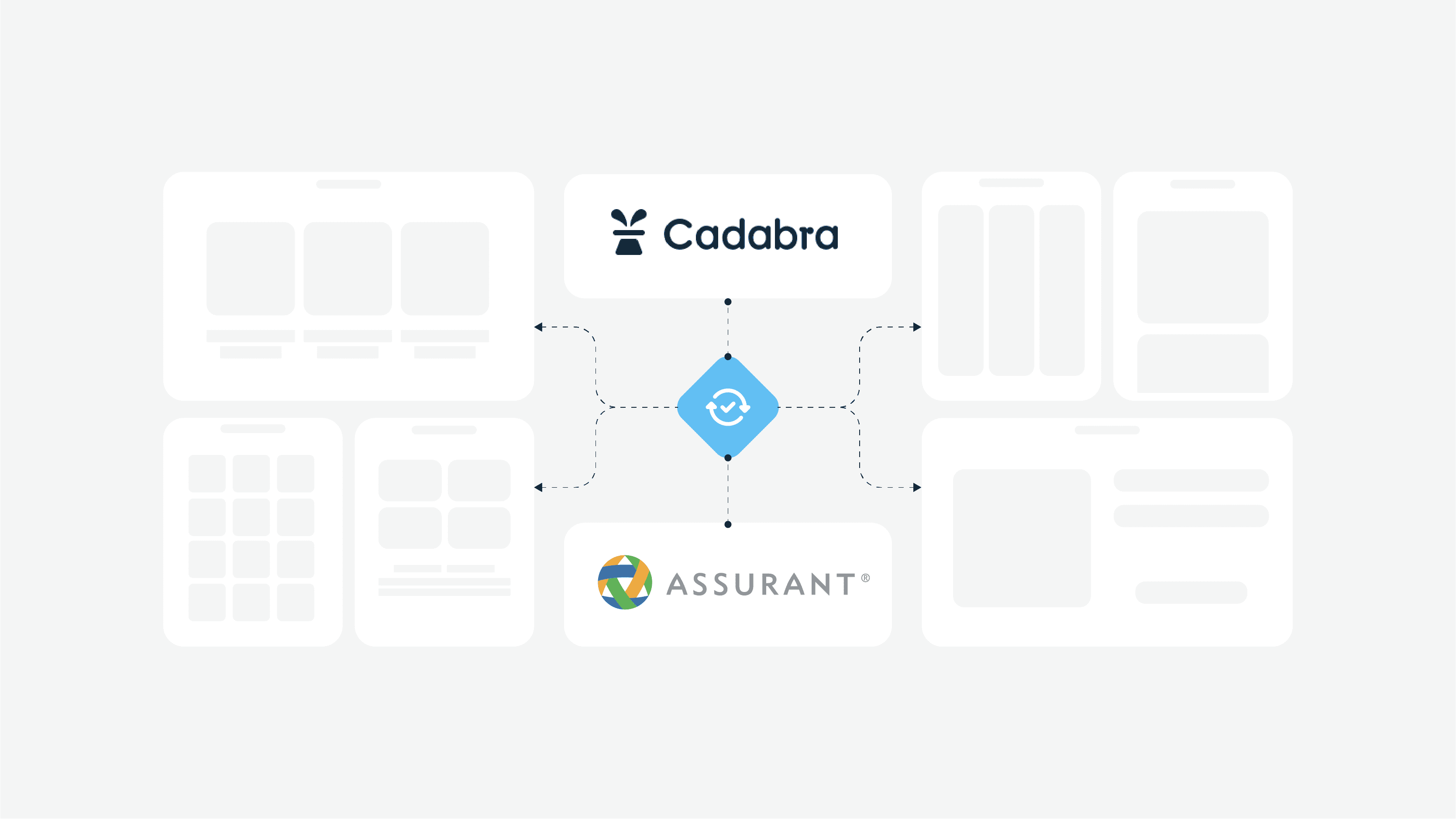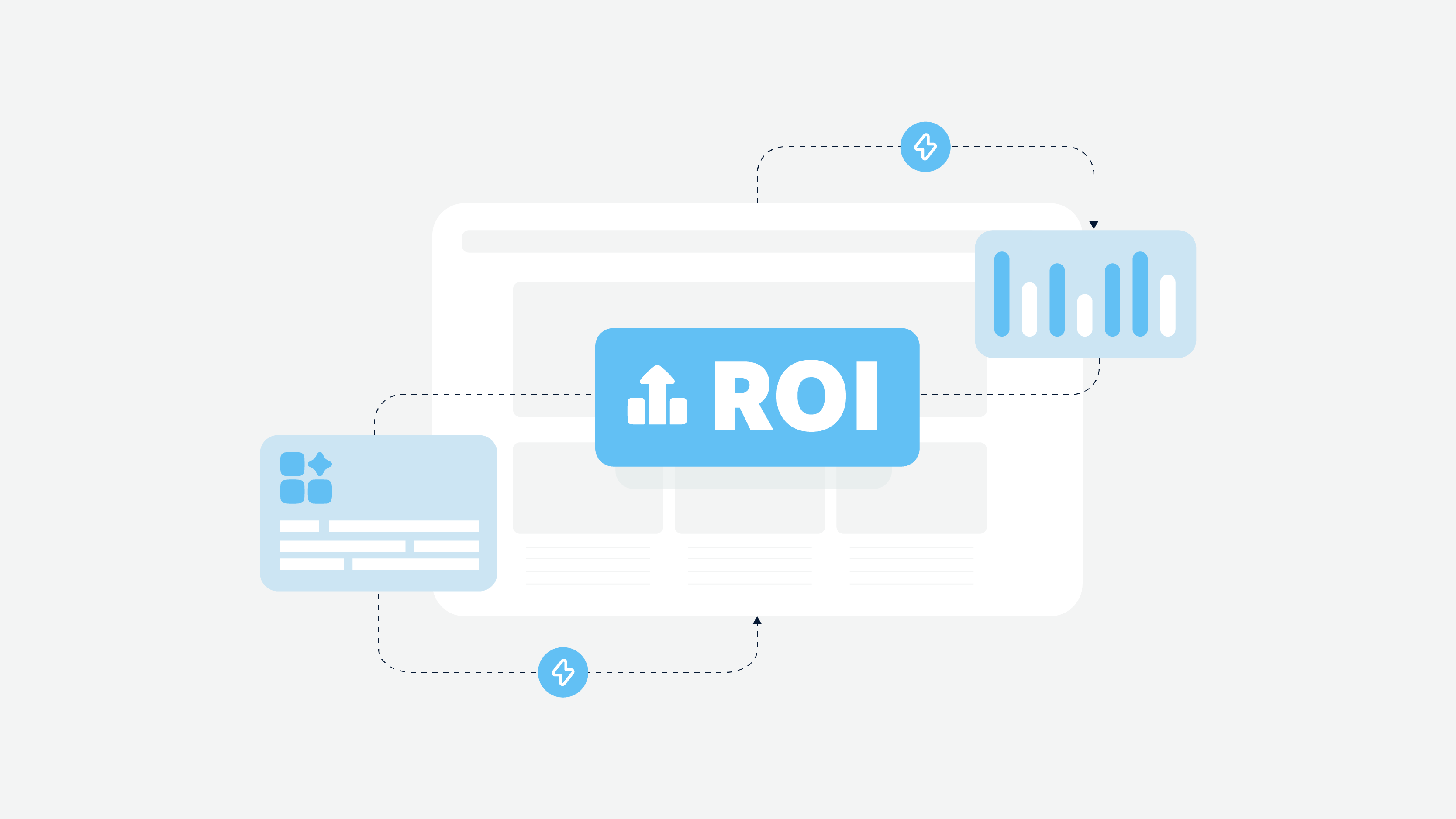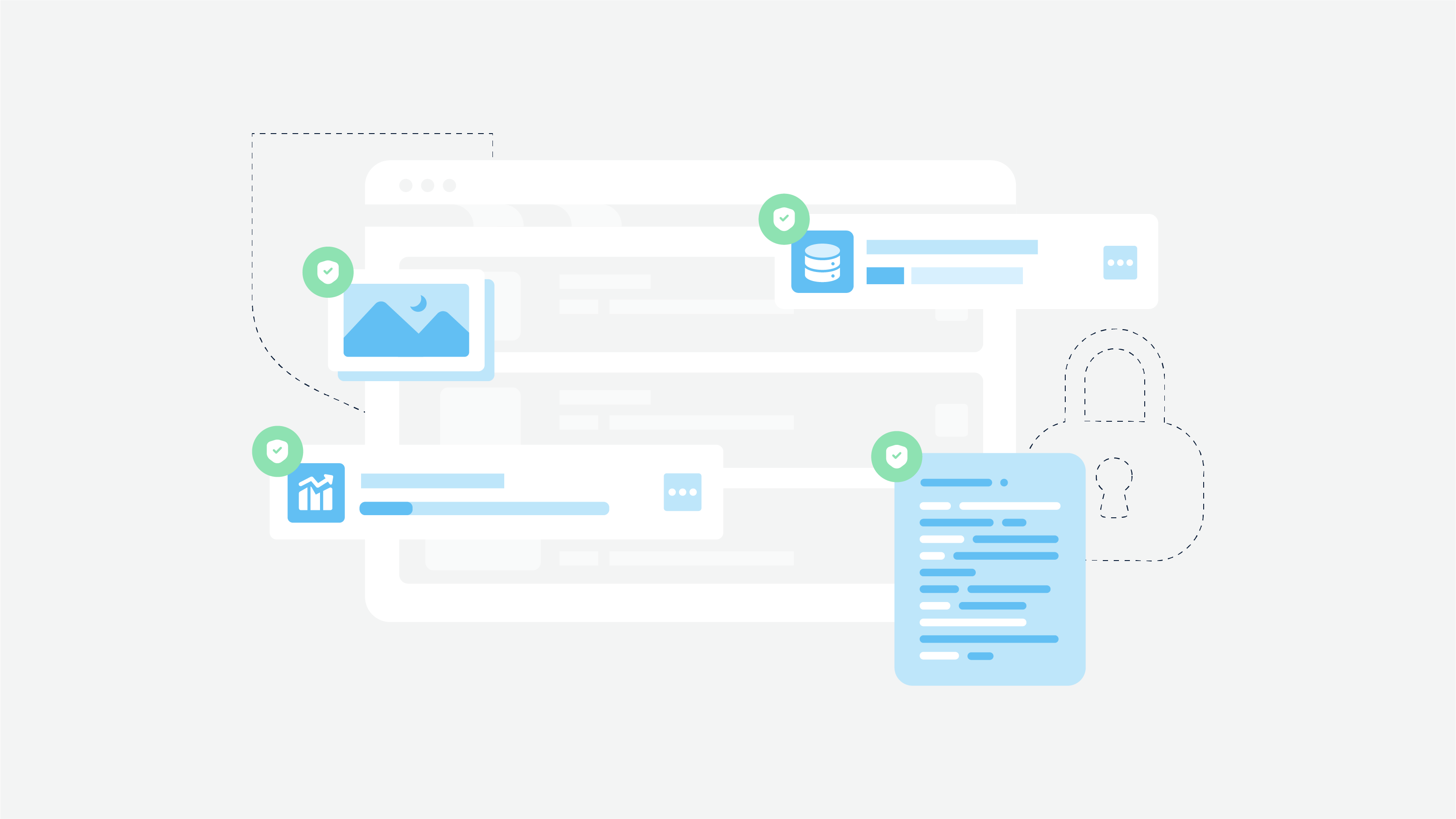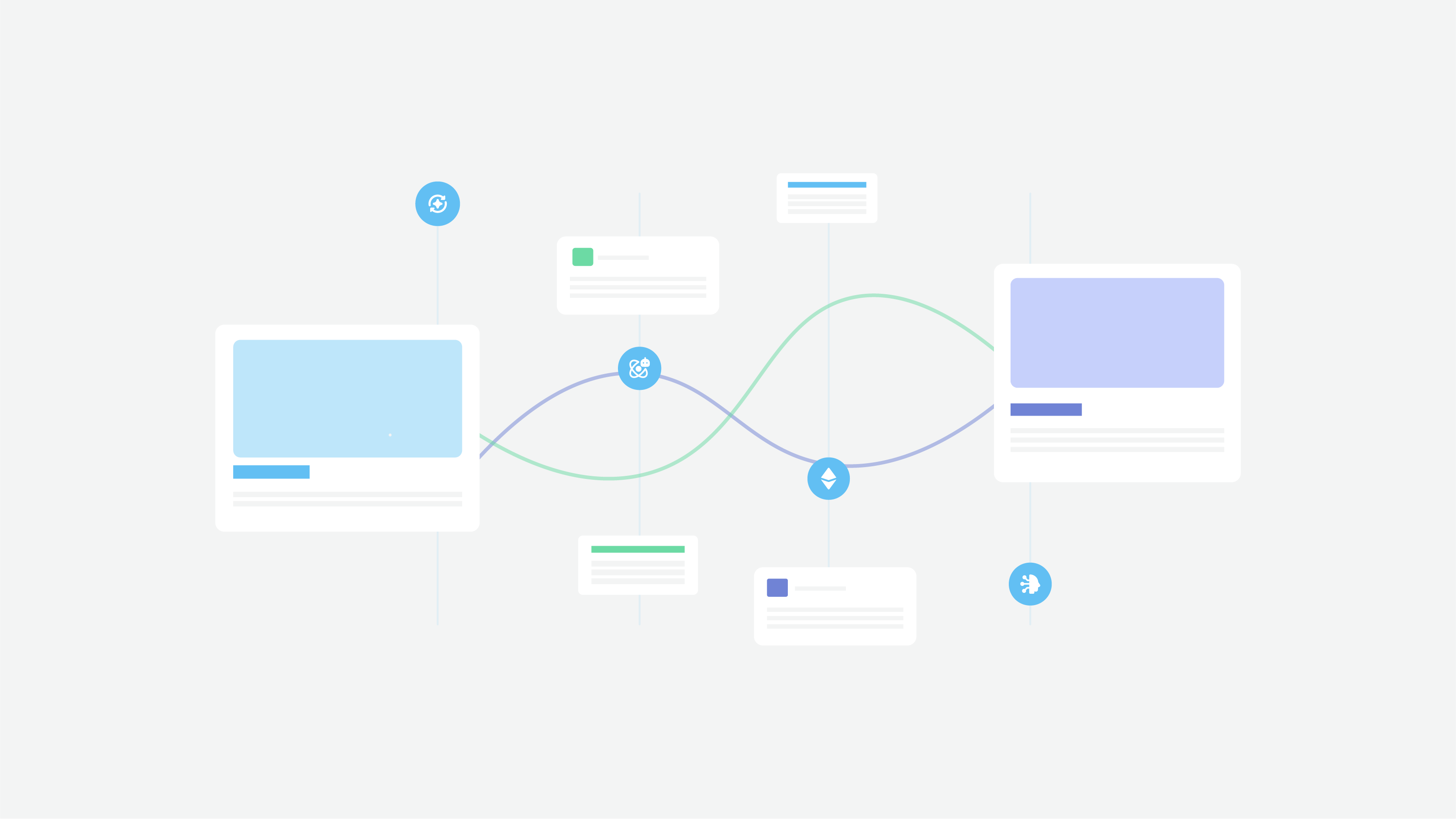Software engineering requires removing unnecessary clutter to create a smooth-running and intuitive digital solution. Given its scope and high technical bar, software engineering remains a highly lucrative and also competitive sphere.
In this article, we’re going to overview software engineering and all the aspects of the profession. As a result, you’ll get the answers to your questions when and why to hire a software engineer.
General Information about Software Engineering
Software engineering is the study and practice of building, designing, developing, and maintaining software. There are different areas of software engineering, and it serves many functions throughout the application lifecycle.
Effective software engineering requires engineers to provide best practices in developing software, check the operation it will fulfill, and how it will be maintained.
Whether you are a vendor, business owner, or manager of any departments outside of IT, you need to be aware that software engineering affects almost all aspects of your daily business.
What Does a Software Engineer Do?
The software engineering field is huge, with different roles based on the technologies used and complexity of the application. Software engineers use math, computer science, and engineering skills to design and build computer systems.
Software engineers focus their work on finding smart solutions to software-related problems. They devote their time and efforts to researching and developing new software.
Software engineers build virtual solutions to business problems. Although responsibilities may vary between roles, here are tasks that software engineers possess:
Analyzing the system needs of users, customers, and companies;
Designing blueprints for different systems;
Developing and coding software using different programming languages;
Running tests to search for bugs and other issues;
Troubleshooting and developing software updates;
Analyzing system performance and finding opportunities for improvement;
Executing a full software development life cycle (SDLC).
Role in SDLC
As the Software Development Life Cycle (SDLC) has diverse phases and operations, it makes sense that the software engineer’s work will also vary.
In this process, a software engineer plays an essential role. They take part in SDLC from preliminary system analysis to tests and deployment. Each phase of the SDLC is led by a specific specialist, whereas a Software Engineer applies to the entire cycle.
They serve as technical leads throughout the full lifecycle, from conception, architecture definition, detailed design, scoping, planning, implementation, testing to documentation, delivery, and maintenance.
Along with other specialists, they provide best practices for the full software development life cycle, including coding standards, code reviews, source control management, build processes, testing, and operations.
Types of Software Engineers

As the software engineering field is vast, there are different types of software engineers based on the performed functions and the complexity of the application. The most popular types of software engineer types are:
Front-End Engineer;
iOS/Android Engineer;
Back-End Engineer;
Full-Stack Engineer;
QA Engineer;
DevOps Engineer;
Security Engineer.
Front-End Engineer
A software engineer specializing in the development of the user interface (UI) is called a Front-End engineer. Front-End engineers deal with cross-browser compatibility and fixing bugs to ensure an excellent visual presentation of the UI.
Back-End Engineer
A software engineer who works on the application’s underlying logic and performance is called a Back-End engineer. They often design and implement the core logic, keeping in mind scalability. It integrates with data systems, caches, and email systems using Application Programming Interfaces (APIs).
Full-Stack Engineer
A software engineer who handles both front-end and back-end work is called a Full-Stack engineer. They are required to create fully functional web applications.
iOS/Android Engineer
An iOS engineer is responsible for developing applications for Apple devices (iOS) and getting them into Apps Store. iOS engineers work as part of a team to define, design, and implement features in the application. To do that, they must be experts in iOS frameworks, Swift and understand the principles of UI/UX design. The knowledge of Apple’s design principles and interface guidelines are obligatory.
Android engineers develop and deliver new product features for Android applications. They also improve engineering processes and tools to increase team effectiveness and work across technical and business-focused teams. To do that, Android engineers have to be experienced in developing and shipping Android apps on Google Play, have a deep understanding of Java, Android SDK, etc.
Quality Assurance (QA) Engineer
QA Engineers create automated tests and tools to ensure that products and processes run correctly. They are responsible for writing software to validate the quality of the application.
DevOps Engineer
DevOps are software engineers who can integrate and administer back-end software and distributed systems. They mostly manage the application infrastructure like the database systems, servers, etc.
Security Engineer
Security engineers specialize in creating systems to test the security of a software system and fix security flaws. They also attempt to penetrate systems to discover vulnerabilities.
Sometimes a software engineer job description overlaps with a software developer. That’s why we want to identify the main differences between these two positions below.
Software Engineer vs. Software Developer

Software engineers and software developers are both highly skilled professionals who can build software from the ground up. A software engineer is a professional who applies software engineering principles for designing, development, maintenance, testing, and evaluation of computer software.
A software developer is a professional who builds software that runs across various types of computers. Read more about Software Developers and the crucial requirement for these specialists in our relevant article.
Here are some more differences between a software engineer and software developer in the working process, career path, tools, etc.
Software Engineer | Software Developer | |
Type of activity | Software engineering is a team activity. | Development is primarily a solitary activity. |
Working process | A software engineer is involved in the complete process. | Software Developer is involved in one aspect of the software project building process. |
Working style | A software engineer works on components with other engineers to build a system. | A developer writes a complete program. |
From this comparison, we can sum up that a software developer executes, whereas software engineer duties are planning and applying engineering features to software development.
Software Engineer Qualification Levels: Junior, Middle, and Senior
The level of software engineers’ expertise is divided into the three mentioned degrees to define their professional capabilities. The industry applies this terminology to better understand the competency levels in the IT industry, as well as determine both salary level and responsibilities — what duties a software engineer can take on, how skilled they are, and how they can cope with stress load and emergency working situations.
Junior SE — performs tasks under the clear guidance of a senior programmer;
Middle SE — performs tasks independently within their competence, without the supervision of other programmers. They are responsible for their mistakes and work.
Senior SE (3+ years of experience) — takes the role of an informal leader in the development team. This person has high competence and can make decisions that affect other people’s work (architecture solutions, development technology, etc.). They have the right, experience, and qualifications to make such decisions.
Senior software engineers monitor teamwork and help the Middles and Juniors. They spend more time not writing code but planning and forecasting. 80% of their time is devoted to organizational and communication tasks, 20% — to coding. A senior software engineer is responsible for the team and project.
Certifications
For business owners, the certificate is akin to a quality sign. It assures that a software engineer has a certified skill set to perform upscale work and products as well. Certifications demonstrate a specific degree of knowledge. Software engineers have a wide variety of certifications available, for example:
Oracle Certified Associate and Oracle Certified Professional (OCA and OCP). Oracle certifications are highly desirable in the IT industry. A person completes the OCA certificate before the OCP exam. The certifications need to be renewed to stay updated on any releases.
Microsoft Certified Solutions Developer (MCSD): App Builder. It consists of several exams that test various aspects of Microsoft technologies. App Builder certification includes Software Testing with Visual Studio and Universal Windows Platform. The certificate needs to be renewed every two years.
Certified Secure Software Lifecycle Professional (CSSLP). CSSLP is offered by the International Information Systems Security Certification Consortium. It focuses on application security, training technical professionals to identify software vulnerabilities, risks, and compliance issues. The CSSLP certification is valid for three years.
The Cost of Hiring a Software Engineer
There are two important figures to consider when we speak about the cost of hiring a software engineer: the hourly rates and annual cost. Let’s start from the first.
The average hourly rate for software engineer talent in top IT countries in Eastern Europe is:
Ukraine: $37;
Hungary: $39;
Poland: $40.
Similarly, the rates of top IT countries from Western Europe can vary, for example:
Germany: $56;
France: $82;
United Kingdom: $71;
Sweden: $67;
Netherlands: $60.
The average base hourly rate of a software engineer in the United States varies depending on the state. We chose the top IT states. The rates are:
California: $58;
New York: $53;
Texas: $45;
Washington: $54.
To plan your project budget, you also need to know the annual rates. The cost of hiring depends on the country of origin and its taxes. The annual cost of a US software engineer will be $105,000 including taxes, whereas for the British software engineer you’ll have to pay around $136,000 with taxes included.
The cost of a software engineer in Germany is approximately $107,000 with taxes; in the Netherlands, it will cost you $115,000 to hire the same specialist.
If you hire a software engineer in Ukraine, you’ll pay $40,000–45,000 a year on average for a middle engineer. This sum includes all taxes, so you won’t have to spend extra time checking the employment tax system in Ukraine.
When to Hire a Software Engineer?

There are several scenarios when you might need a software engineer.
Scaling your development team. We recommend hiring a software engineer when your development team and project need a specialist for further problem-solving expertise.
Big projects. Often, software engineers shift towards projects that aim at processing big data and building expansive software. In this case, a dedicated development team with a software engineer is optimal.
Business demands. If your business has specific needs such as automatizing business processes, a software engineer helps you do that. They will identify project goals and understand the expertise level required to achieve the goals.
Why Does Your Product Need a Software Engineer?
A software engineer improves productivity, increases efficiency, decreases costs and streamlines processes. IT firms, government agencies, nonprofit organizations, healthcare facilities, transit and logistics companies, and other businesses need software to compete in the modern market.
We hope a comprehensive description of the software engineer’s role, responsibilities, and cost details helped you understand the core of this position and how they can improve your business.
If you are looking for professional software engineers and a dedicated development team, don’t hesitate to contact us. Our managers will happily consult you about all the details, and we’ll make your project profitable and client-oriented by implementing upscale software solutions.



